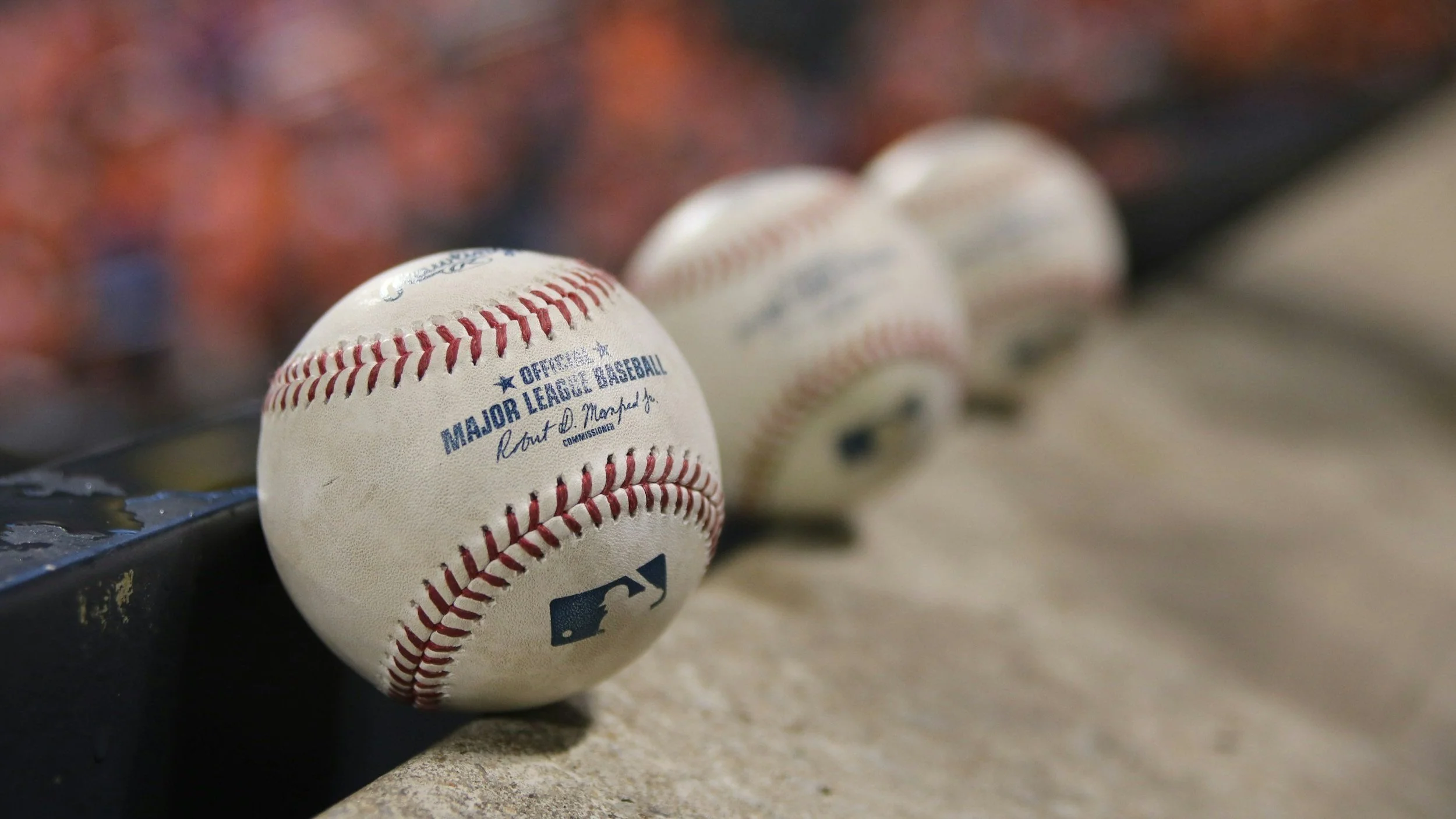Athletes are not television characters
I love Twitter.
Or at least I use to.
Twitter is like catnip for journalists. And it was like catnip for me for many years.
I enjoyed the camaraderie of it: the connections forged with other journalists, fans of the TV shows I enjoyed, and other small communities. It humanized artists, athletes and politicians that I found intriguing and even ones I didn’t particularly find intriguing at first blush.
But lately, it has been a real drag watching other people drag each other with hot takes, threads, and hashtags. What was once humanizing, has become dehumanizing a lot of the time. Not always, but way too often. It was a topic that came up in a recent conversation I had with a friend of mine, Jalen Knuteson, who is a local sports reporter.
Twitter is full of amatuer GMs, quick with analysis on a player’s talents. Sometimes these GMs have insights. Sometimes they don’t. But most don’t take into account the humanity of the people they complain about, or praise for that matter.
That’s something that nags at Knuteson, who someday hopes to be a beat writer covering a professional baseball franchise. Knuteson says he aims to humanize the athletes he covers and admires the sports coverage from others that tries to do the same.
“It is important to show people who these athletes are, and their backgrounds, because then maybe people won’t go on Twitter and attack people,” Knuteson says.
Fans don’t often think about professional athletes as human beings who have bad days and good days, or trials and tribulations in life, in the same way that they do. They’re rich, gifted professional athletes, but they’re still people at the end of the day.
“With eight seconds left, you can throw out free-throw percentage because it is a human being at the free-throw line,” Knuteson says, explaining his philosophy on sports, and maybe life too.
I’m sure I’ve been guilty of dehumanizing athletes on occasion. If you only see people on television, it is not that hard to only see them as a television character. But as Twitter has swung in a negative direction, I am making a concerted effort to keep in mind that people are people. They go through things.
I don’t expect athletes, or people (metaphorically), to hit every free-throw in life. And, honestly, this perspective allows me to see sports in a more beautiful way. I love sports, and I think most people love sports, because it reveals truths about human potential. And frailty, too.
What makes great sports moments great is that they’re achieved by humans who have just as much going on in their lives as the rest of us.
CRAIG SAUER is a writer, communicator and former journalist living in Fitchburg, Wis. He enjoys playing and watching sports in his spare time.

